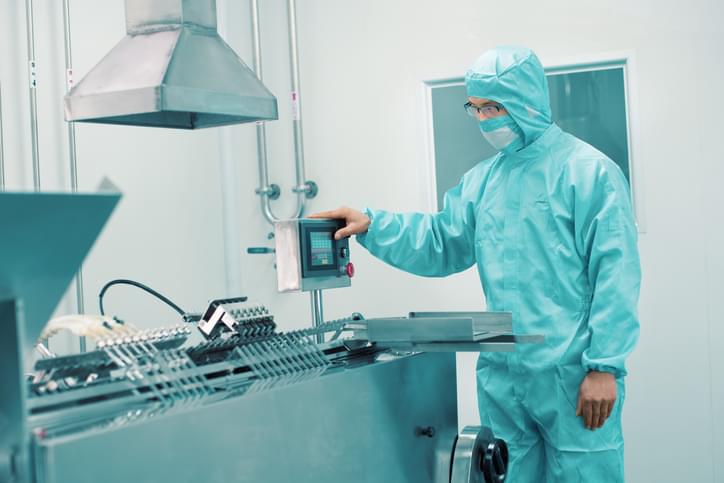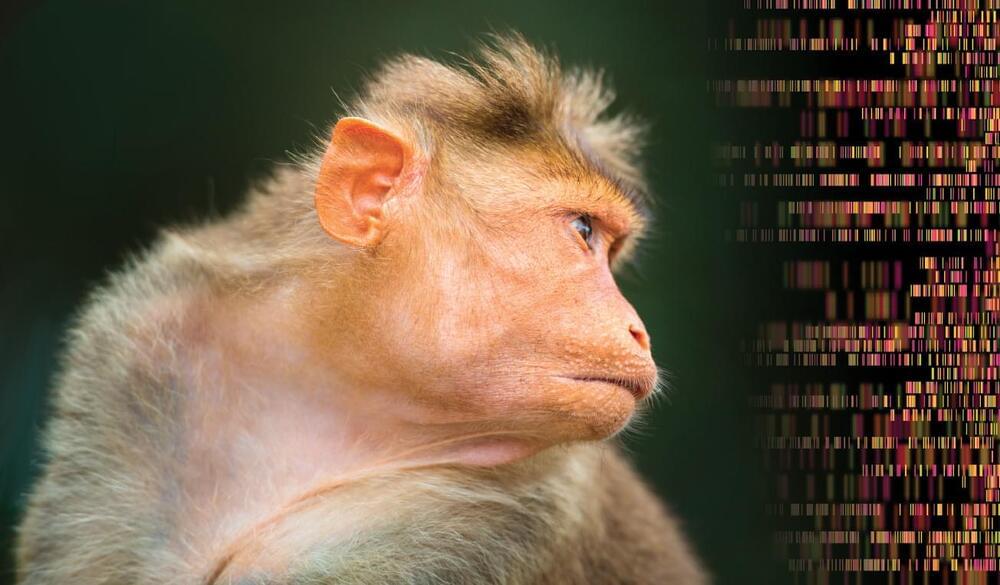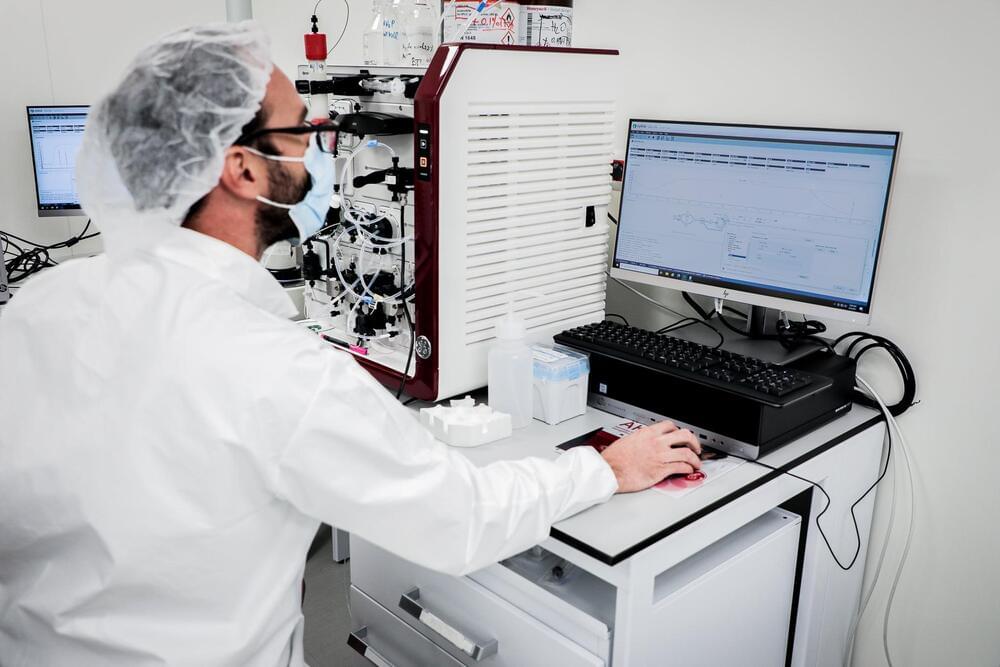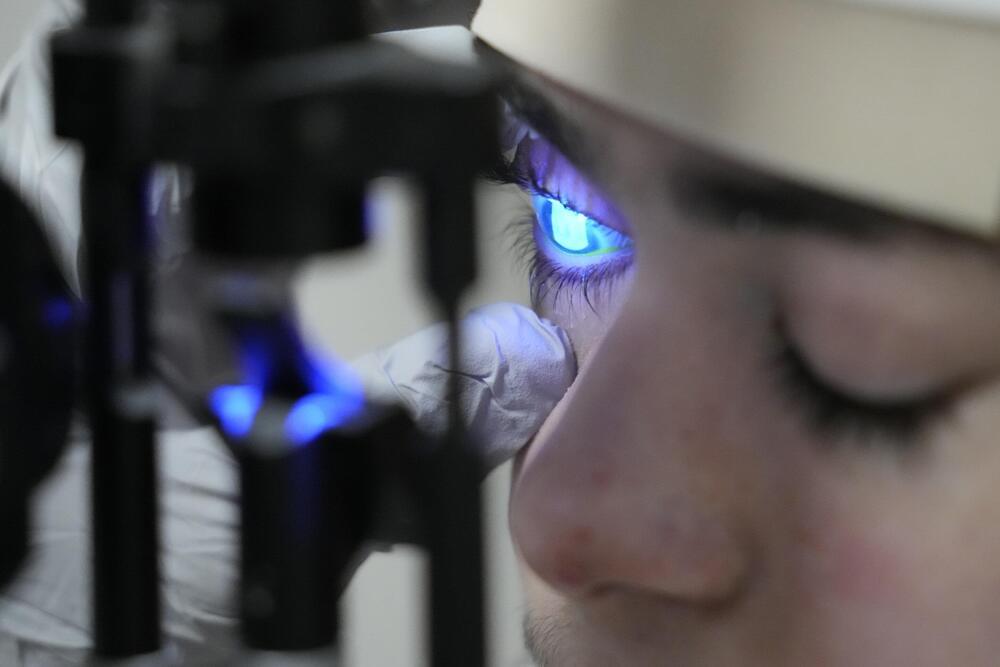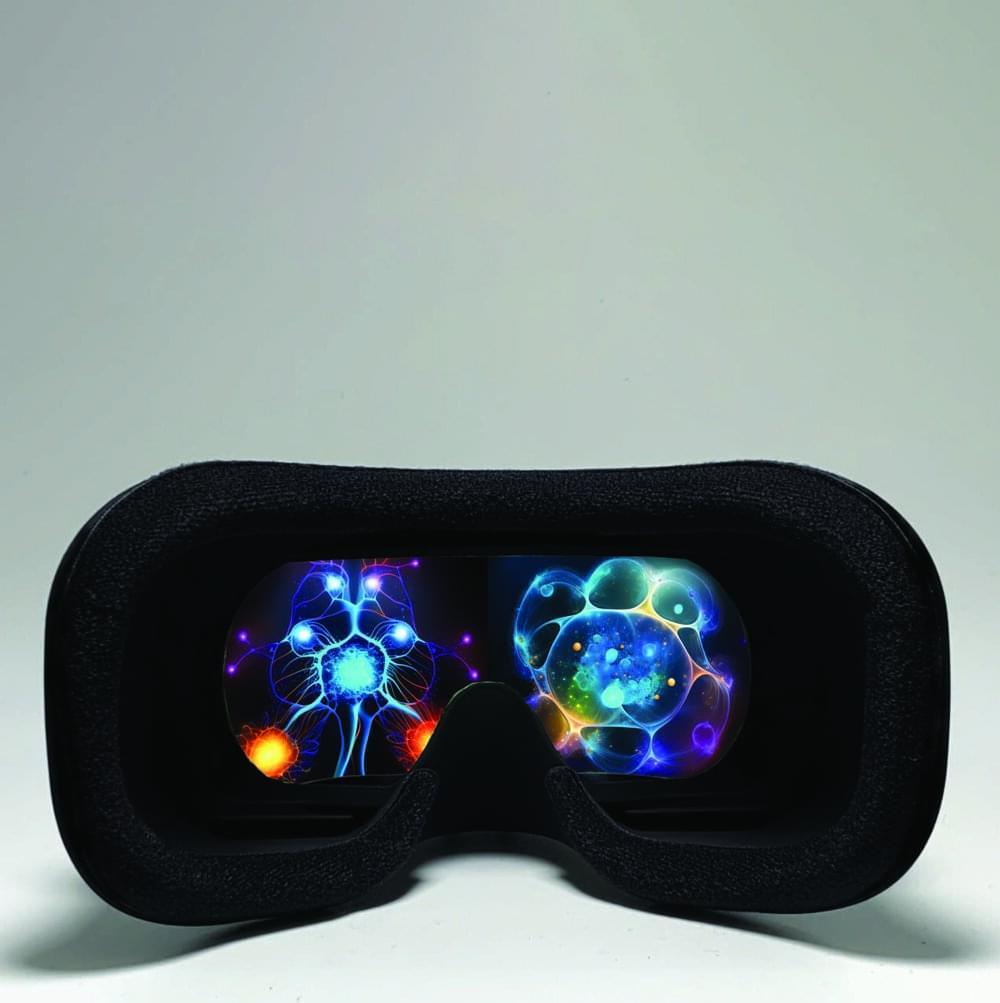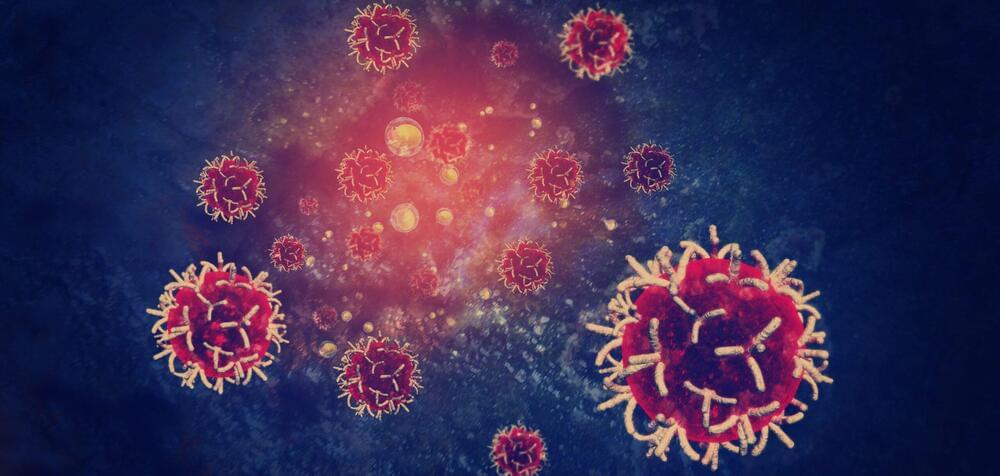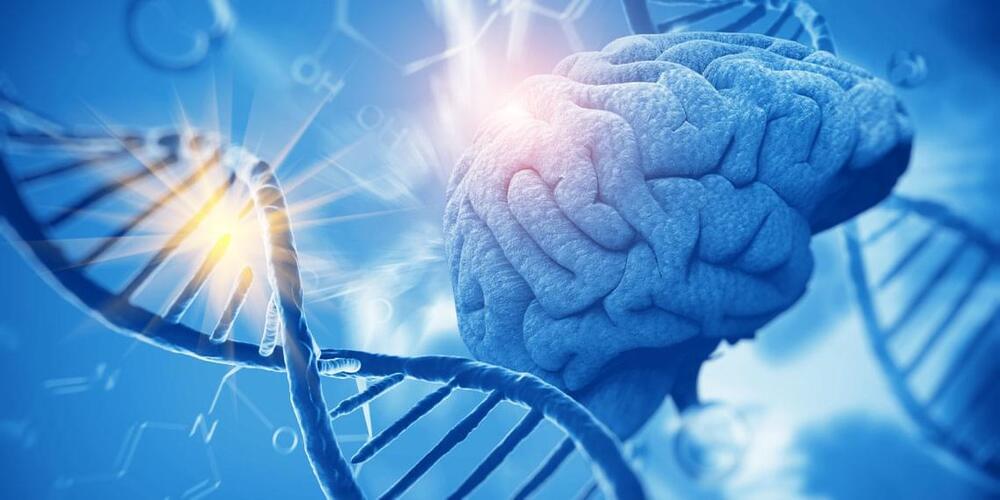Recombinant adeno-associated virus (rAAV) vectors are a cornerstone of genetic medicine. These hollow virus particles are used to deliver commercial gene therapies like Glybera and Luxturna, as well as many other candidates still in development.
Despite this, the biopharmaceutical industry has yet to find the most effective way of making rAAV vectors at scale. McKinsey analysts recently described vector production as one of the major challenges faced by gene therapy developers. And the situation is only going to get worse as the gene therapy market evolves and begins developing products for larger patient populations.
“With a shift beyond ultra-rare indications, viral-vector manufacturing requires rapid expansion to be able to address various diseases in the commercial space,” the analysts wrote, adding, “The broader application of viral vector-based gene therapies (for example, to more common diseases) requires higher yields and lower cost of goods (COGs).”
